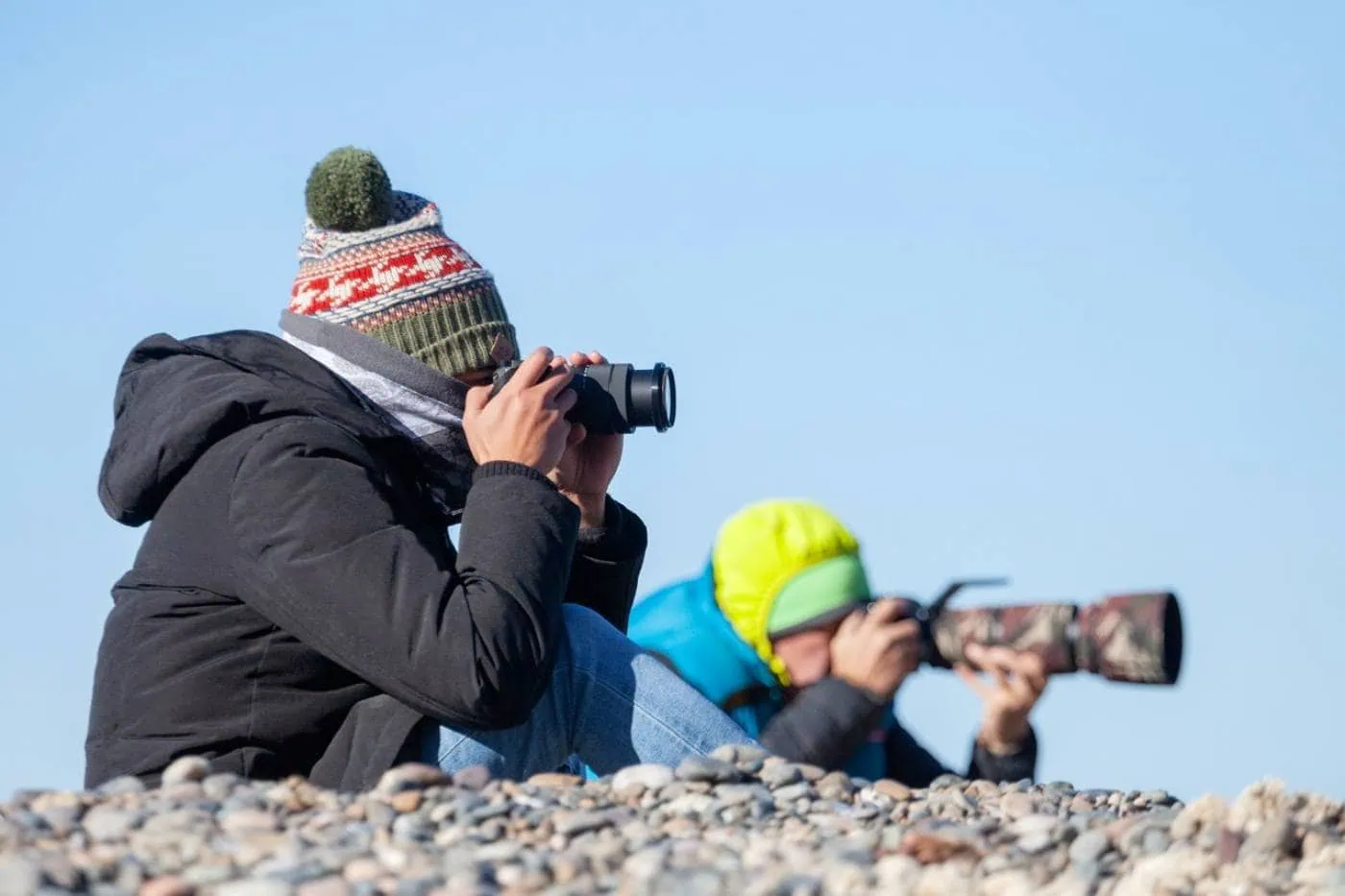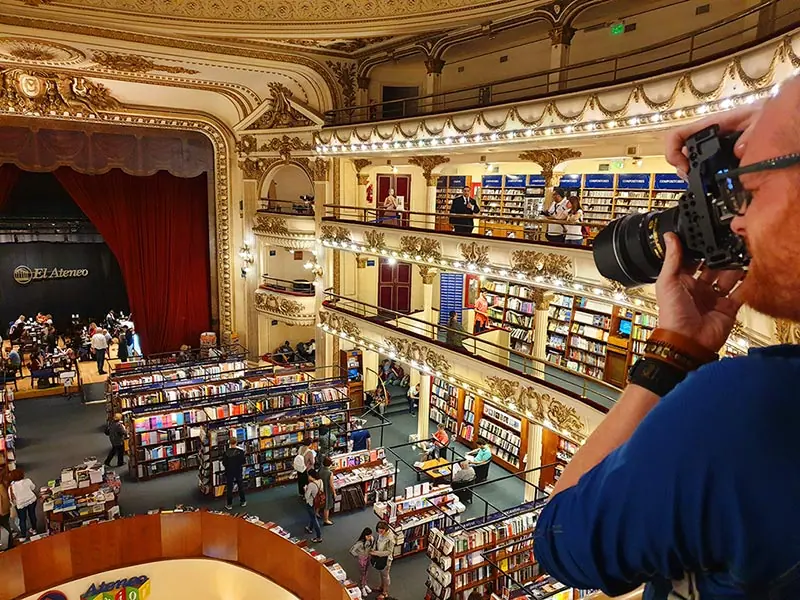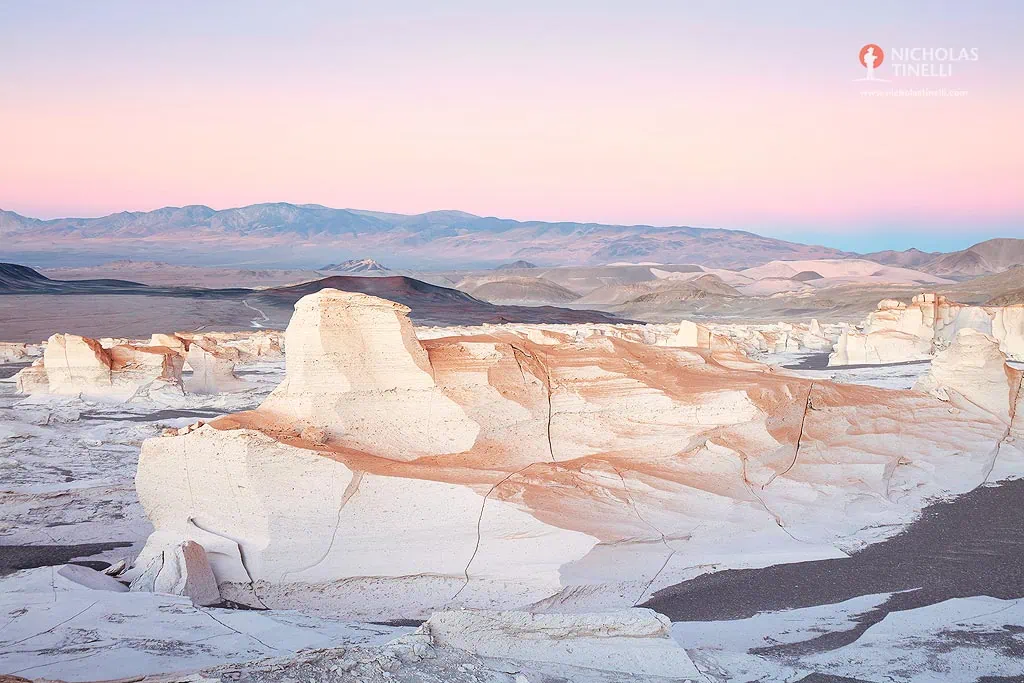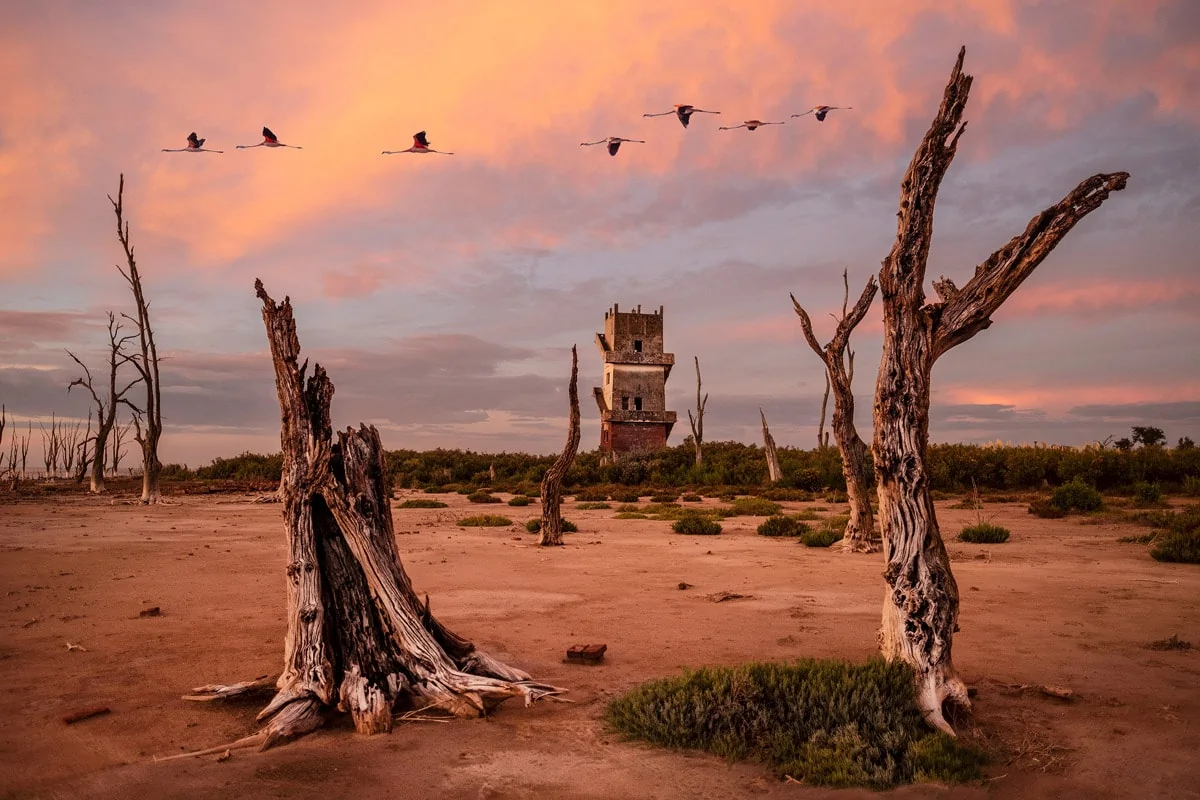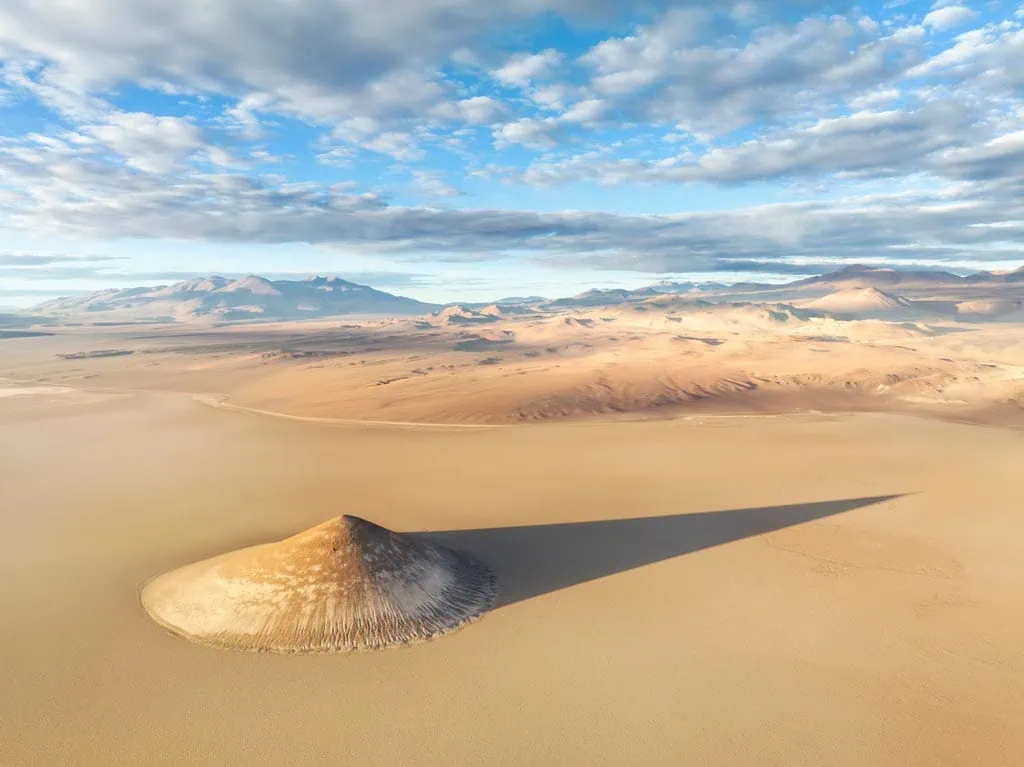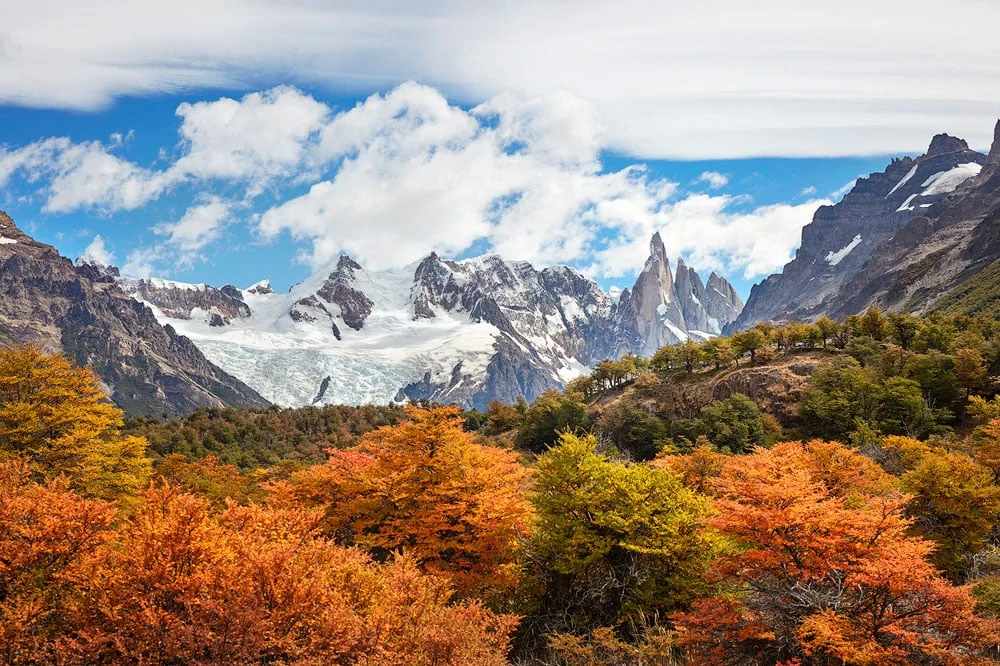Photography Workshops offer an invaluable opportunity to enhance your skills, network with fellow photographers, and immerse yourself in a creative environment. Whether you’re a novice or a seasoned professional, preparation is key to making the most out of the experience.
This article outlines the essential steps to prepare for a photography workshop, ensuring that you’re mentally, physically, and creatively ready to seize the moment.
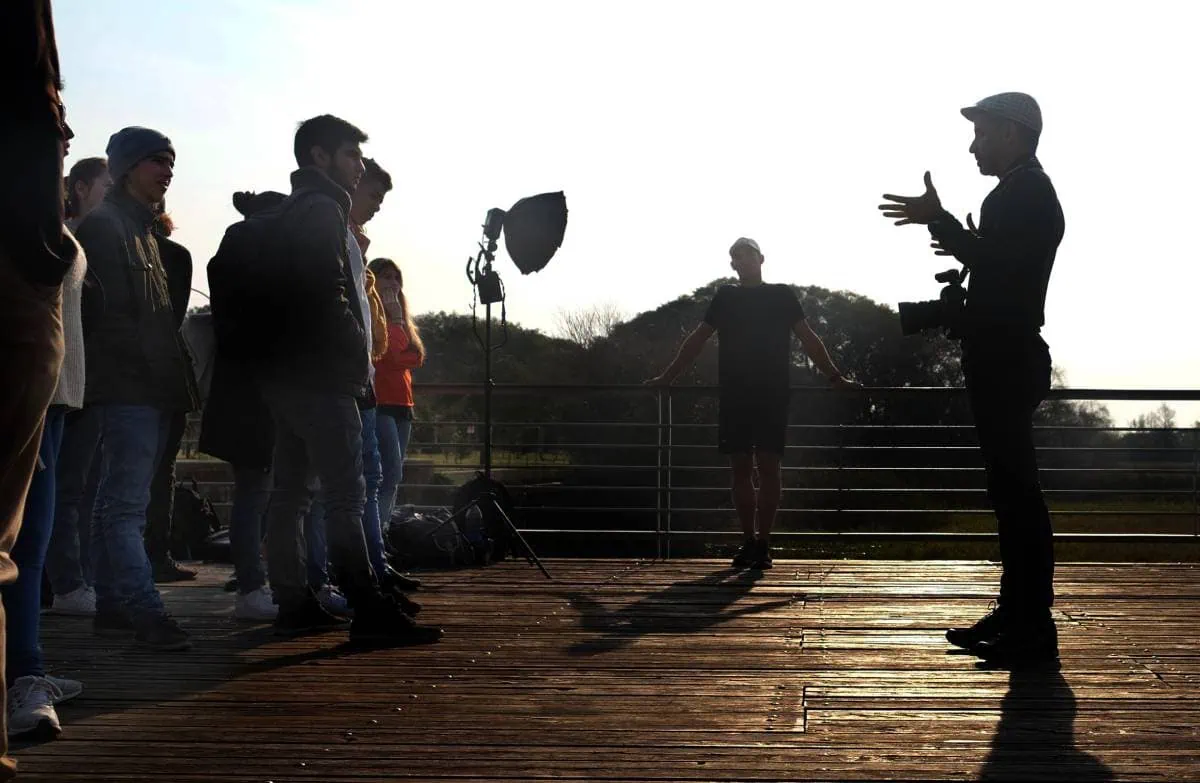
1. Research the Workshop and Instructor
Before attending any photography workshop, it’s crucial to research the workshop and the instructor thoroughly.
Each workshop may have a different focus, style, or theme, such as landscape, portrait, travel, wildlife, or documentary photography. Knowing what to expect helps you align your goals with the workshop’s objectives.
Key Points to Consider:
- Instructor’s Portfolio and Style: Familiarize yourself with the instructor’s work to understand their approach. This will help you decide if their style aligns with what you want to learn.
- Workshop Agenda: Review the daily schedule, including any practical or classroom sessions. Some workshops may include lectures on post-processing, critiques, or field trips, so know what to anticipate.
- Skill Level: Ensure that the workshop is appropriate for your current level. Some workshops cater to beginners, while others may be aimed at more advanced photographers.
- Location: If the workshop takes place in a specific location, such as a scenic national park or an urban landscape, research the area to know what kind of photography opportunities it offers.
By having a clear idea of what the workshop entails, you can tailor your expectations and goals accordingly.
2. Define Your Goals
Before the workshop begins, it’s important to set personal goals. What do you want to achieve during this workshop? Whether it’s mastering a new technique, building your portfolio, or simply gaining inspiration, having specific objectives will keep you focused.
Consider These Goals:
- Skill Development: Do you want to improve your technical skills, such as understanding lighting, composition, or post-processing?
- Creative Exploration: Are you looking to experiment with new ideas or push your creative boundaries?
- Networking and Collaboration: Do you want to connect with fellow photographers or industry professionals for future collaborations?
- Portfolio Expansion: Are you seeking to create new content for your portfolio, especially in a particular genre (e.g., landscape, portrait, or street photography)?
Setting goals will not only keep you motivated but also guide you during the workshop, helping you make the most of your time.
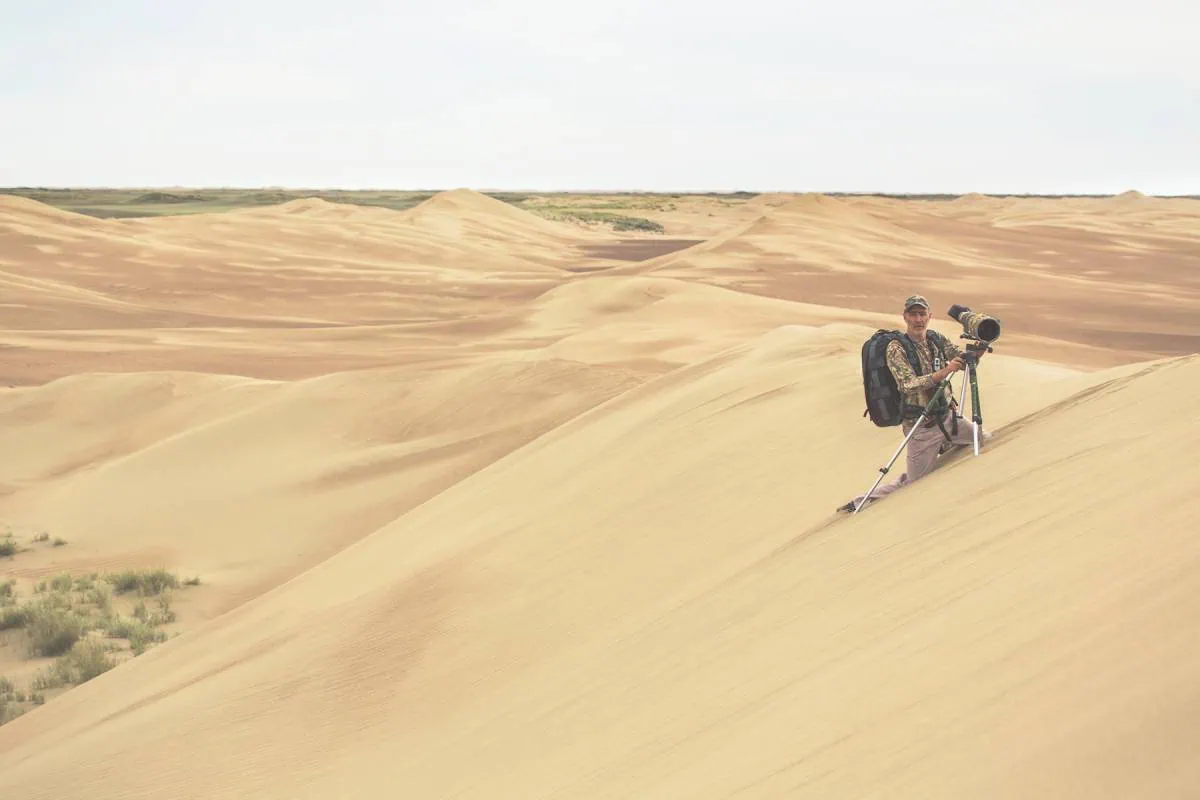
3. Gear Preparation: Choosing the Right Equipment
The equipment you bring to a Photography Workshop can significantly impact your experience. It’s essential to pack the right gear based on the type of photography and workshop requirements.
Essentials:
- Camera Body: Bring your most reliable camera, whether it’s a DSLR, mirrorless, or film camera. Ensure it’s in good working condition.
- Lenses: The type of lenses you’ll need depends on the focus of the workshop. For landscape photography, wide-angle lenses are essential. For portraits, a 50mm or 85mm lens works well. A telephoto lens might be necessary for wildlife photography.
- Tripod: If the workshop involves low-light, long-exposure, or landscape photography, a sturdy tripod is essential.
- Comfortable Camera Bag: Invest in a comfortable, durable camera bag with padded compartments to protect your gear, especially if you’ll be moving around a lot.
- Memory Cards: Bring plenty of high-capacity memory cards. Ensure that they are fast enough for your camera, especially if you plan to shoot in RAW format.
- Extra Batteries: Photography workshops often involve long days of shooting, so bring spare batteries to avoid interruptions.
- Filters: Depending on the type of photography, you may want to bring filters such as neutral density (ND) or polarizers.
- Cleaning Kit: Dust and dirt can accumulate on your lenses and camera sensor, especially during outdoor shoots. A cleaning kit is essential to keep your gear in top condition.
Optional (but Recommended):
- Laptop and External Drive: If post-processing or editing is part of the workshop, bring a laptop equipped with your preferred editing software (e.g., Adobe Lightroom or Photoshop). An external drive is also useful for backing up your work.
- Flash/Lighting Equipment: If the workshop covers studio or portrait photography, external flashes, diffusers, or softboxes might be needed.
Preparing your gear ahead of time ensures that you won’t be caught off guard by technical difficulties or limitations during the workshop.
4. Brush Up on Photography Basics
While workshops are designed for learning, it’s still a good idea to brush up on the basics before you attend. This will allow you to keep pace with the group and spend more time on advanced techniques or creative exercises rather than relearning fundamental concepts.
Essential Topics to Review:
- Exposure Triangle (Aperture, Shutter Speed, ISO): Ensure that you are comfortable with how these settings affect your images.
- Composition: Study the rules of composition such as the rule of thirds, leading lines, symmetry, and framing.
- White Balance: Understanding how to adjust white balance for different lighting conditions will help you capture more accurate colors.
- Metering and Focus Modes: Familiarize yourself with your camera’s metering system and autofocus settings to get sharp, well-exposed images.
A quick review of these concepts will help you maximize your time during the workshop, allowing you to focus on more advanced techniques.
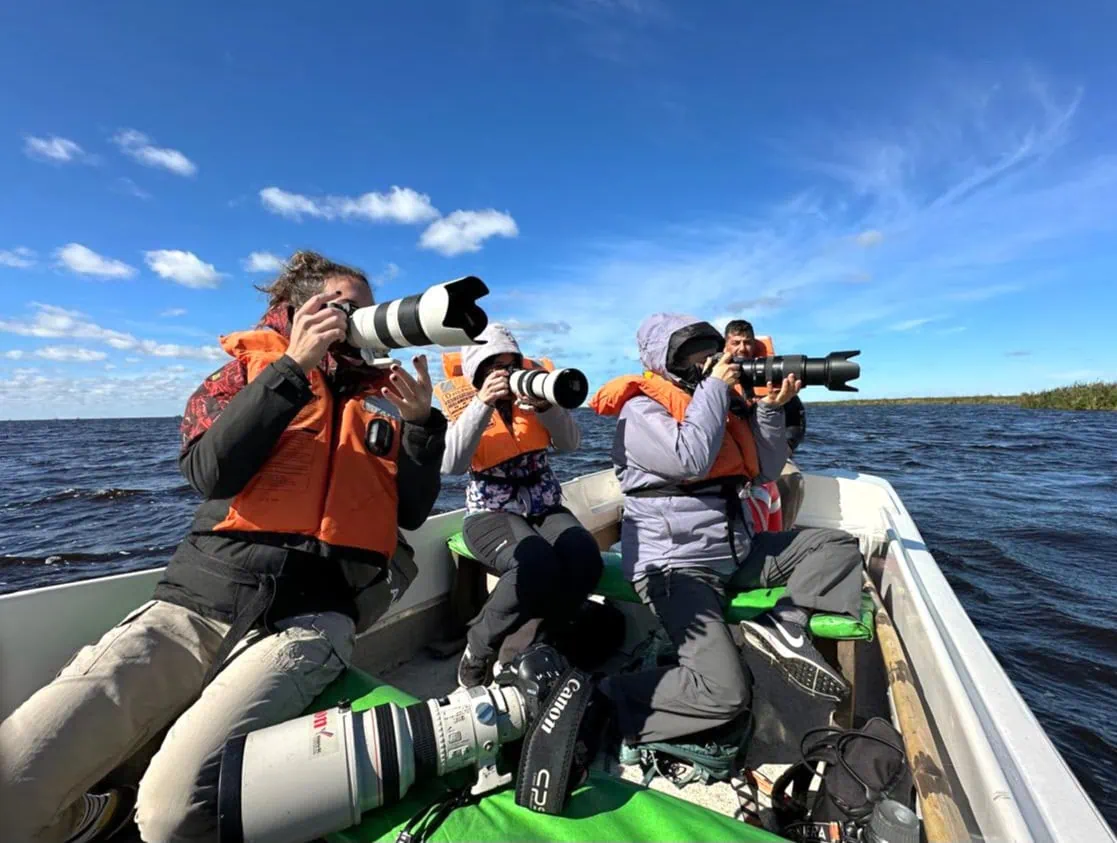
5. Pack for Comfort and Practicality
Photography workshops often involve long days in various environments. Whether you’re trekking through forests, walking through busy streets, or standing for long hours in a studio, comfort is key.
Clothing:
- Weather-Appropriate Clothing: Check the weather forecast for the workshop location and pack accordingly. Layered clothing is ideal for outdoor workshops, where temperatures can fluctuate throughout the day.
- Comfortable Footwear: A sturdy, comfortable pair of shoes is essential, especially for workshops involving outdoor or landscape photography.
- Accessories: A hat, sunglasses, and sunscreen are crucial for outdoor workshops. If you’re shooting in cold or wet conditions, gloves, waterproof jackets, and rain covers for your camera are recommended.
Food and Hydration:
- Snacks and Water: Long shooting sessions can be tiring, so bring light snacks and a water bottle to stay energized and hydrated.
6. Prepare for Networking
Photography Workshops are excellent opportunities for networking with peers and industry professionals. Don’t miss the chance to make lasting connections.
Ways to Network:
- Introduce Yourself: Be open to conversations and introduce yourself to fellow participants and the instructor.
- Share Your Work: Bring business cards, and if appropriate, a tablet or portfolio to showcase your work during casual interactions.
- Engage on Social Media: Many workshops have associated social media groups or hashtags. Engaging with these communities before, during, and after the workshop helps you stay connected and continue learning.
Networking can lead to future collaborations, feedback, and opportunities, so don’t hesitate to engage with others.
7. Be Mentally Prepared for Constructive Criticism
One of the most beneficial aspects of a Photography Workshop is the critique session. However, receiving feedback on your work can be intimidating. It’s essential to approach critiques with an open mind and a willingness to learn.
Tips for Handling Criticism:
- Stay Open: Remember that the purpose of feedback is to help you grow as a photographer. Listen carefully to suggestions, even if they challenge your creative choices.
- Ask Questions: If you don’t understand a critique, ask the instructor or peers for clarification. It’s an opportunity to learn different perspectives.
- Apply Feedback: After receiving feedback, try to incorporate it into your work during the workshop. Experimenting with new techniques or perspectives can be incredibly rewarding.
Constructive criticism can significantly enhance your learning experience, so embrace it as part of the process.
8. Be Ready for Inspiration
Workshops are not just about learning techniques—they are about finding inspiration. Being around like-minded individuals in an immersive environment can ignite new ideas and creativity. Be open to inspiration and ready to experiment with your photography style or approach.
Tips for Staying Inspired:
- Keep a Journal: Jot down notes, ideas, or sketches during the workshop. This can help you remember new concepts and stay creatively engaged.
- Experiment: Try new techniques, compositions, or subjects that you might not typically shoot. Workshops are a safe space to push your creative boundaries.
- Stay Curious: Ask questions and explore different perspectives. Engage with other participants to learn how they approach photography.
Inspiration often strikes when you least expect it, so be open to new possibilities throughout the workshop.
Conclusion
Preparing for a Photography Workshop is essential to ensure a fulfilling and enriching experience. By researching the workshop, setting goals, preparing your gear, and being open to learning and inspiration, you can maximize the value of the workshop.
The more prepared you are, the more you’ll be able to focus on creativity, learning, and connecting with others, leaving you inspired and ready to take your photography to the next level.

